New report assesses deep geothermal energy in the UK
A new BGS report assesses the current situation around and future potential of deep geothermal energy in the UK.
17/07/2023 By BGS Press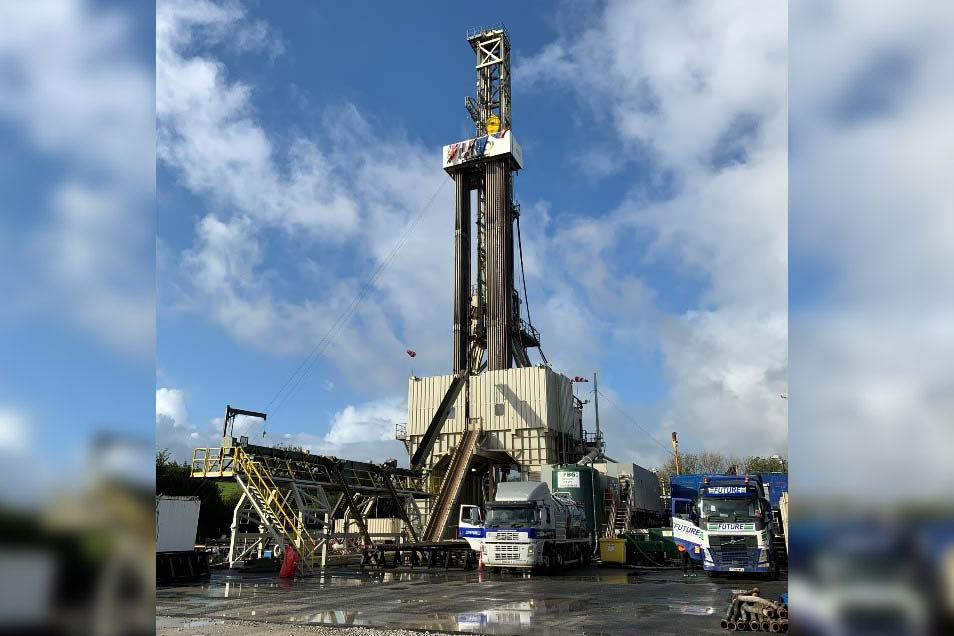
BGS, in collaboration with Arup, was commissioned by the North East Local Enterprise Partnership to develop a White Paper entitled ‘The case for deep geothermal energy — unlocking investment at scale in the UK’. It provides an evidence-based assessment of the opportunities and makes recommendations for building the deep geothermal sector in the UK. The report was funded by the Department for Energy Security and Net Zero and the North East and Yorkshire Net Zero Hub.
Key recommendations from the report are:
- undertake a review of financial support for geothermal energy
- clearly outline the role of geothermal energy in the UK’s net zero efforts
- improve data availability and accessibility
- review the legal status, regulation and licencing of geothermal energy
- develop an understanding of the public perception of geothermal energy
- support communication between stakeholder groups
Geothermal energy provides a unique opportunity to deliver a low-carbon energy source to many areas of the UK, specifically for heating.
This White Paper highlights opportunities where deep geothermal energy could help the UK meet its net zero objectives, increase energy supply security, deliver economic benefits and create the green jobs of the future to improve our communities.
Dr Corinna Abesser, BGS Director of Policy and lead author of the report.
Geothermal energy is energy produced and stored as heat in the subsurface. It can provide an ultra-low-carbon source for heating, cooling and power generation.
The current high costs of drilling restrict the use of geothermal energy to areas with certain geological settings. As technologies improve and new extraction methods are developed, more areas should become economically viable for geothermal exploitation.
Most of the UK’s onshore deep geothermal potential is found in deeply buried (deeper than 500 m) limestones and sandstones in sedimentary basins. Groundwater within these rocks may reach temperatures of more than 100°C but more data from deep wells and from operational geothermal projects is needed to estimate the economically usable portion of the energy. In some areas, hot granites provide a potential source for geothermal power.
There are currently two deep geothermal projects in development or operation in Cornwall for provision of heat and power, including the Eden Geothermal project, and three other UK sites are currently using geothermal water from springs or shallower wells for heat.
Deep geothermal energy already delivers environmental, economic and technical advantages in countries with similar geology to the UK, such as the Netherlands, Belgium and Germany. Advantages include greenhouse gas emission reductions and job generation. They have also shown that deep geothermal sources are viable to provide long-term or large-scale district heating and cooling.
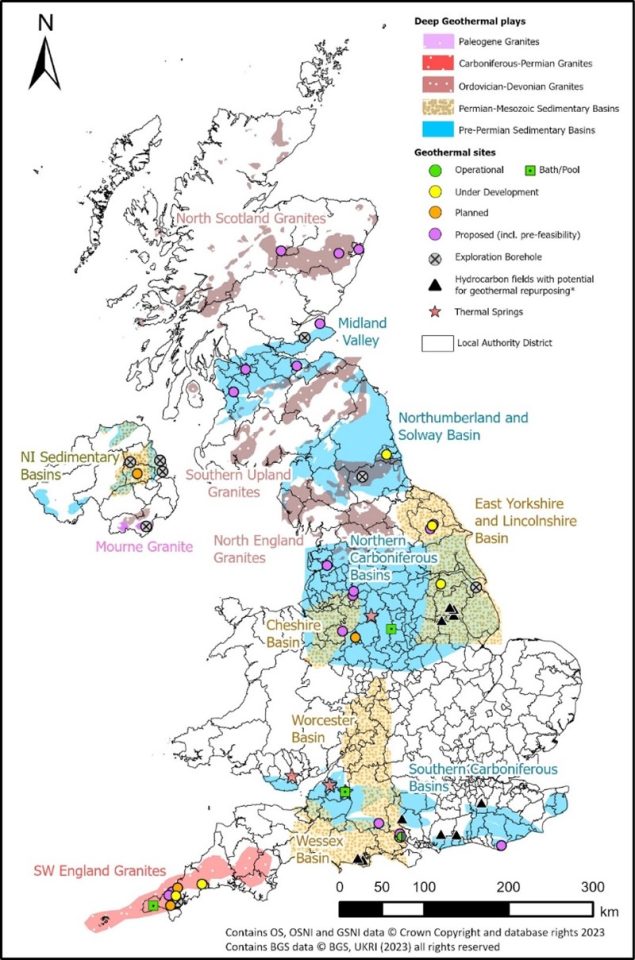
Map showing the location of the potential deep geothermal targets and current geothermal development sites across the UK. BGS © IKRI.
Contact
For media enquiries please contact the BGS Press Team: bgspress@bgs.ac.uk
Possible benefits of geothermal energy for the UK:
- energy is available independently of the weather
- opportunity for diversifying renewable sources and decarbonising heating
- contribution to the UK Government’s levelling-up agenda through addressing energy poverty and creating green jobs
- opportunity for transferring skills from the oil and gas sector to low-carbon technologies
- a fully developed UK sector would have low reliance on external skills or supply chains and does not require critical minerals for infrastructure, both reducing reliance on external energy suppliers and increasing energy security
- co-production of minerals and geothermal energy could provide combined economic benefits and contribute to the UK’s security of resources
- re-using abandoned hydrocarbon wells for geothermal power production could avoid or reduce the high cost of borehole drilling
- combining geothermal with other energy technologies (for example, carbon capture and storage) could reduce costs for both technologies
Challenges and constraints include:
- there is no defined role for geothermal in current UK decarbonisation and net zero plans, which could hinder deep geothermal development
- public groups, policymakers and potential end users are less aware of geothermal options
- the sector’s relative immaturity combined with geological and financial risks make it difficult to secure funding
- borehole drilling and materials create high upfront costs for geothermal projects, exacerbated by current market conditions
- UK Government support for geothermal projects in the UK is less available compared to that for other renewable technologies such as wind and solar
- geothermal energy is currently not recognised as a natural resource in the UK like minerals or water
- there is no regulator in the UK with remit for managing or licencing geothermal energy resources
- availability of geological and seismic data varies across the UK; data can be difficult to access as it is dispersed across different private and public organisations
- parts of the supply chains that do exist in the UK are not well coordinated
- faster, more efficient drilling and well completion technology is needed
British Geological Survey (BGS)
The British Geological Survey (BGS) is a world leading applied geoscience research centre that is part of UK Research and Innovation (UKRI) and affiliated to the Natural Environment Research Council (NERC). The BGS works with more than 150 private sector organisations, has close links to 40 universities and sponsors about 100 PhD students each year.
Relative topics
Related news

Goldilocks zones: ‘geological super regions’ set to drive annual £40 billion investment in jobs and economic growth
10/06/2025
Eight UK regions identified as ‘just right’ in terms of geological conditions to drive the country’s net zero energy ambitions.

New interactive map viewer reveals growing capacity and rare earth element content of UK wind farms
16/05/2025
BGS’s new tool highlights the development of wind energy installations over time, along with their magnet and rare earth content.
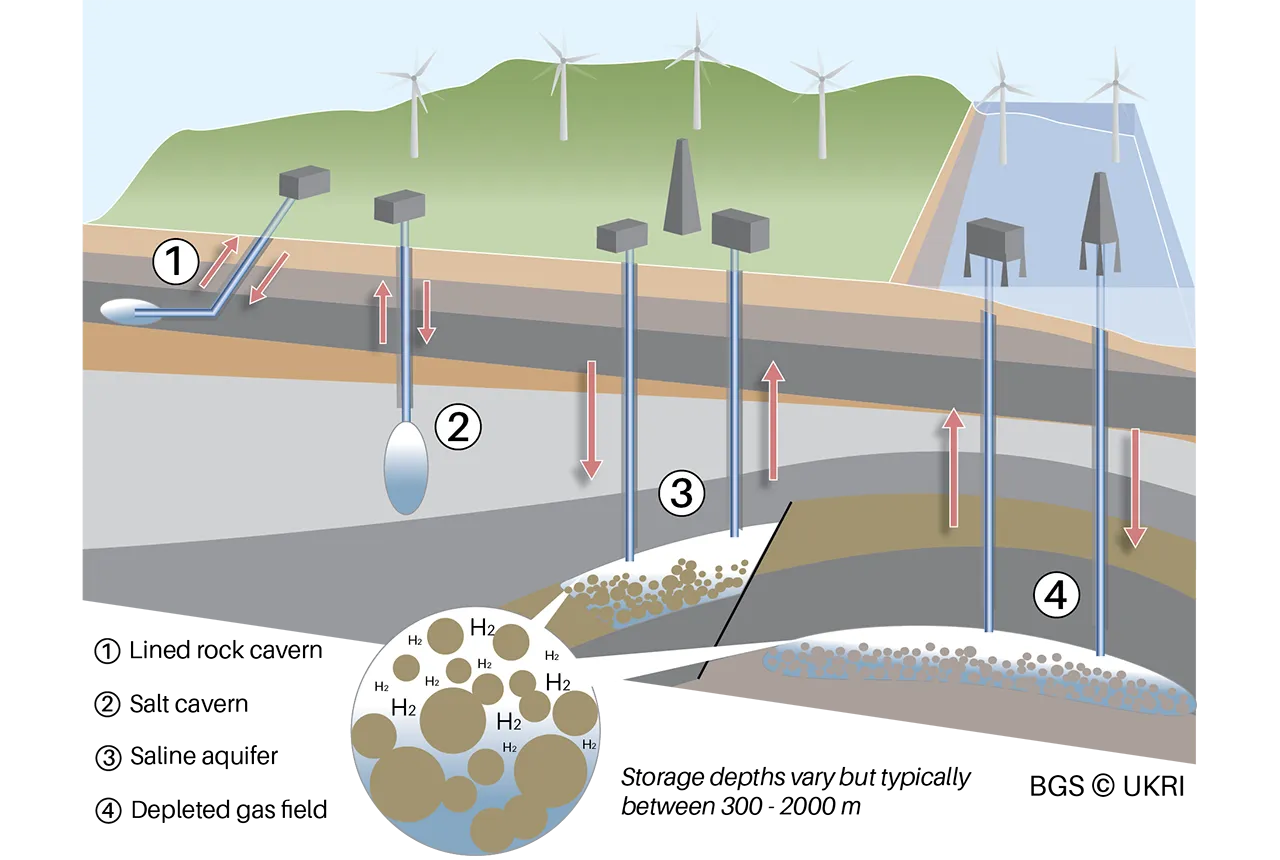
Making the case for underground hydrogen storage in the UK
03/04/2025
A new BGS science briefing note focuses on the potential of hydrogen storage to support the UK energy transition.
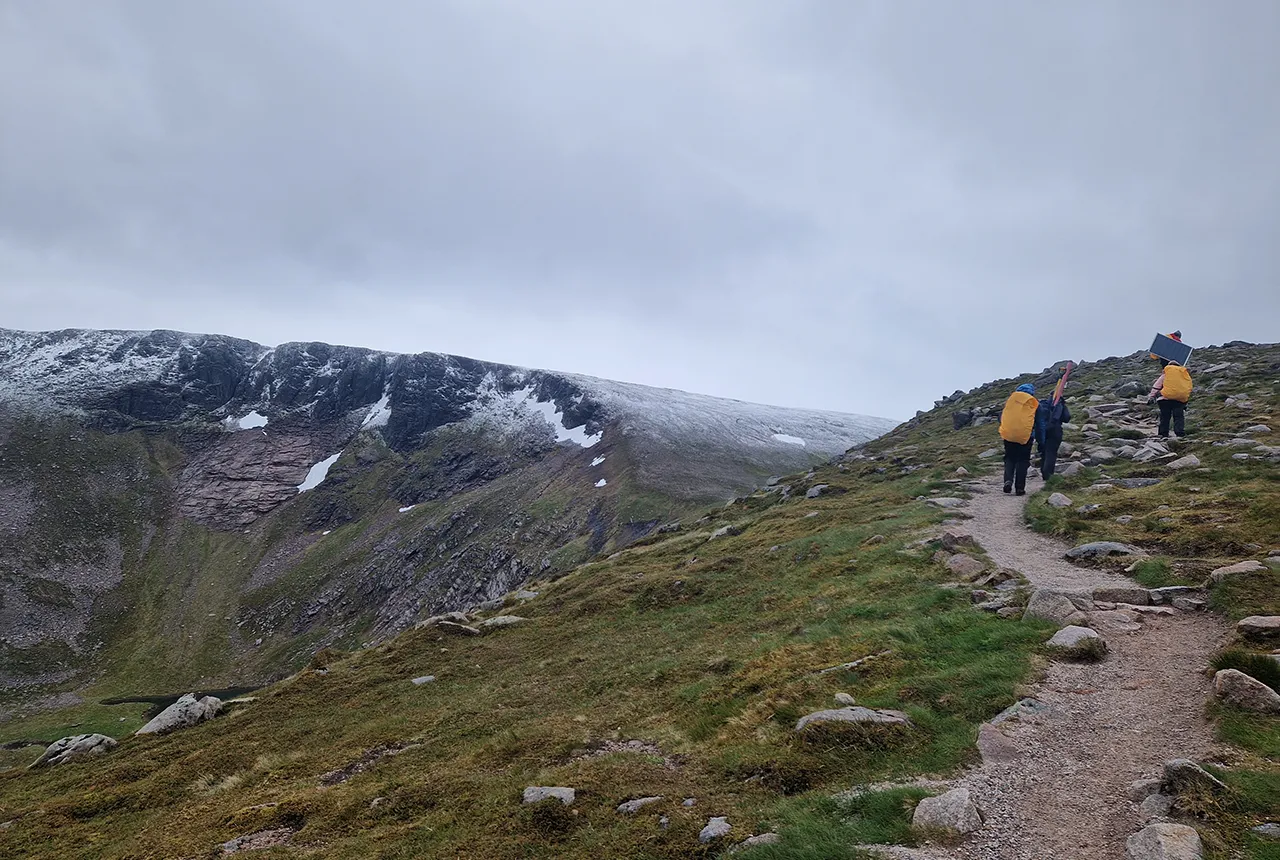
Exploring Scotland’s hidden energy potential with geology and geophysics: fieldwork in the Cairngorms
31/03/2025
BUFI student Innes Campbell discusses his research on Scotland’s radiothermal granites and how a fieldtrip with BGS helped further explore the subject.
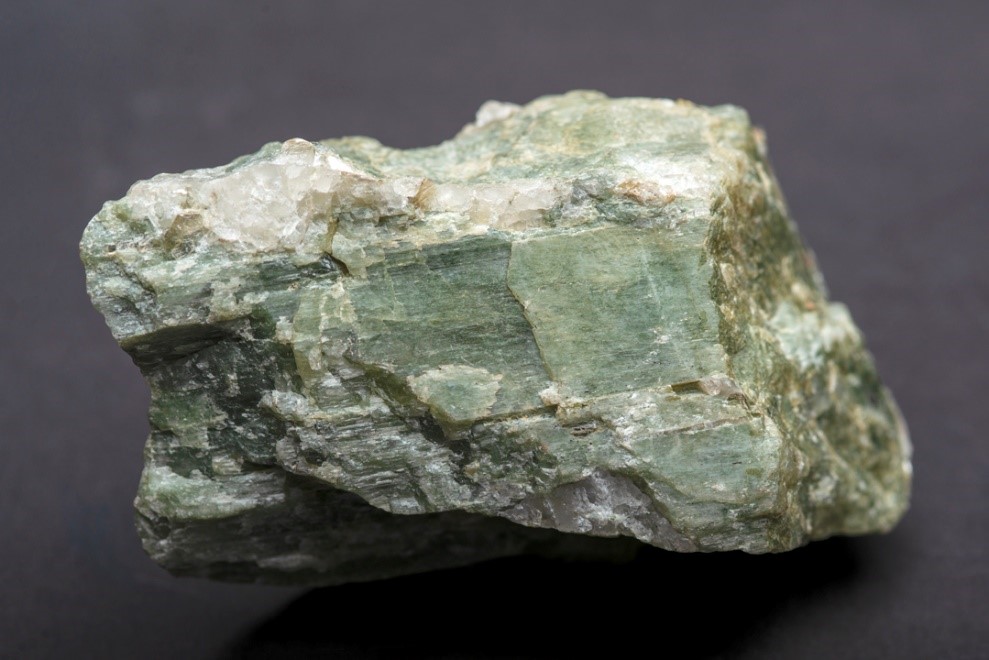
Future projections for mineral demand highlight vulnerabilities in UK supply chain
13/03/2025
New Government-commissioned studies reveal that the UK may require as much as 40 per cent of the global lithium supply to meet anticipated demand by 2030.

Could underground disposal of carbon dioxide help to reduce India’s emissions?
28/01/2025
BGS geologists have partnered with research institutes in India to explore the potential for carbon capture and storage, with an emphasis on storage.
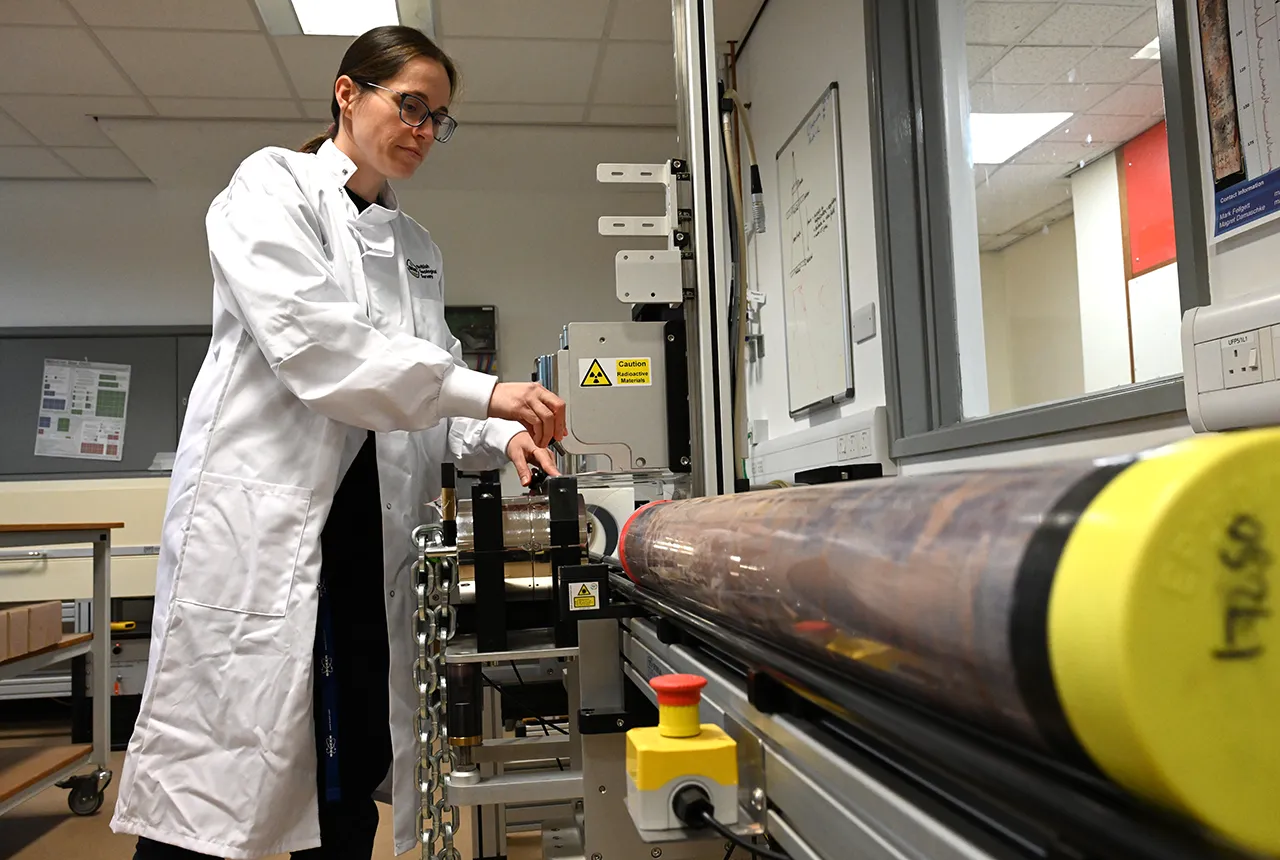
Prehistoric power: 250-million-year-old rocks could contain secrets to net zero future
05/12/2024
BGS has completed a comprehensive scan of Mercia Mudstone rocks that could hold geological secrets of the UK’s past and provide a boost for net zero.
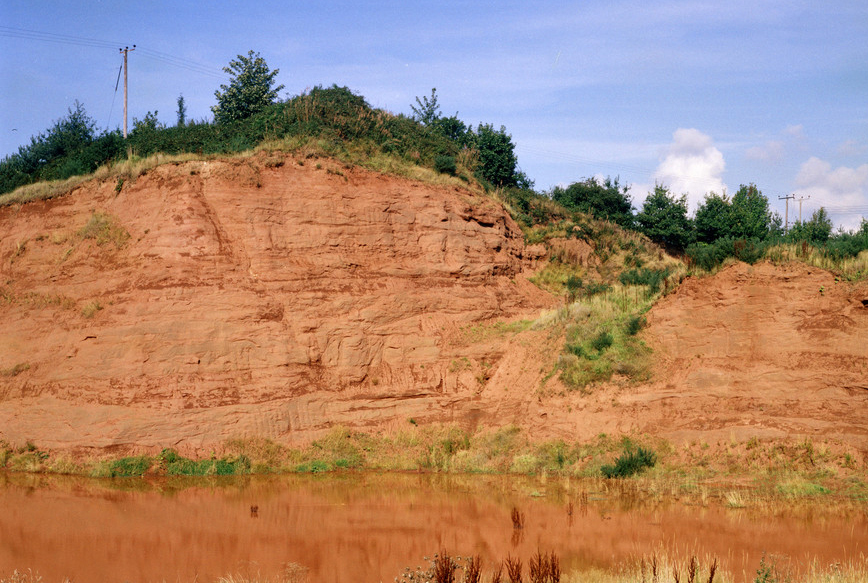
Next stage of funding awarded for project on hydrogen storage potential in the East Midlands
17/10/2024
BGS will conduct essential studies on hydrogen behaviour in the subsurface to predict, measure and monitor underground hydrogen storage.
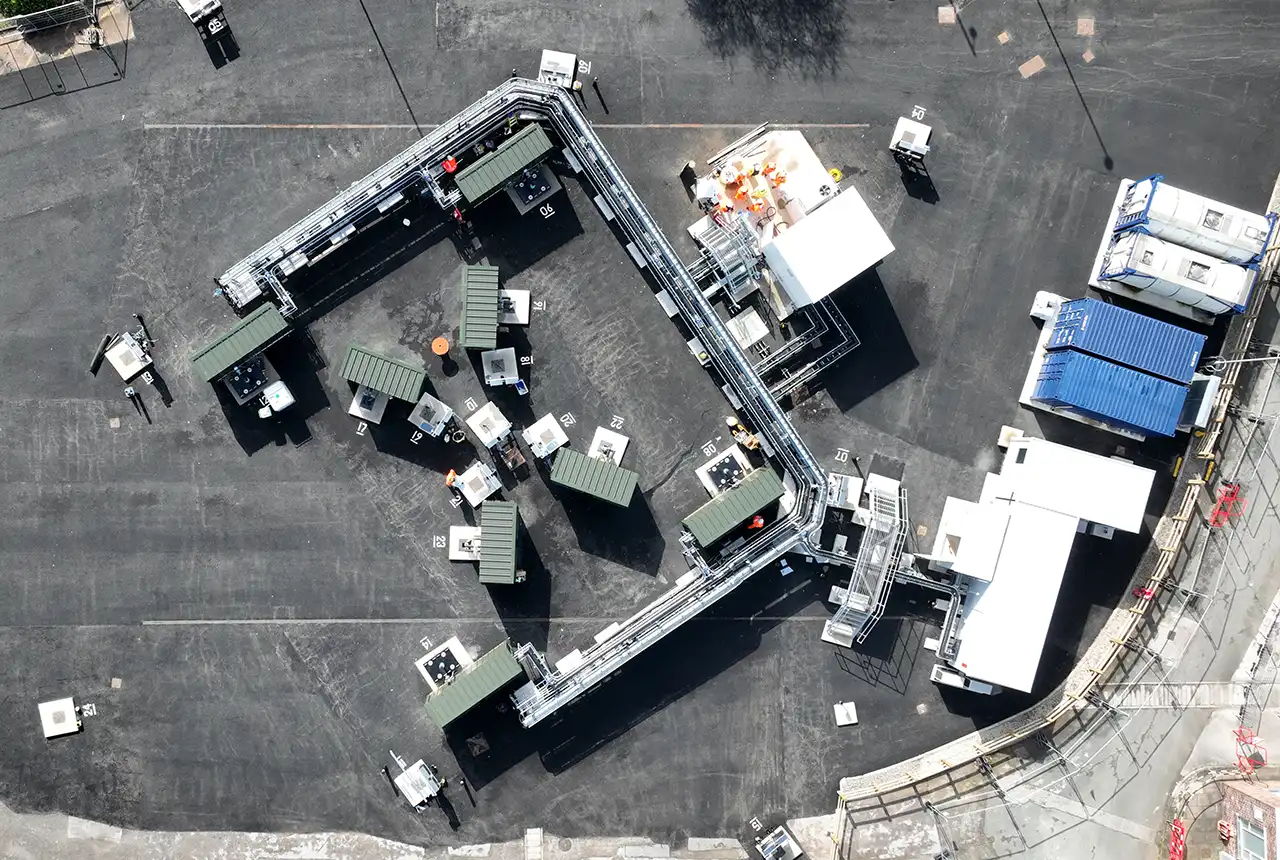
World-class facility creates new opportunities for geothermal energy in Cheshire
10/10/2024
The £8.3 million underground observatory will enhance the UK’s knowledge on the clean energy required to decarbonise heating.
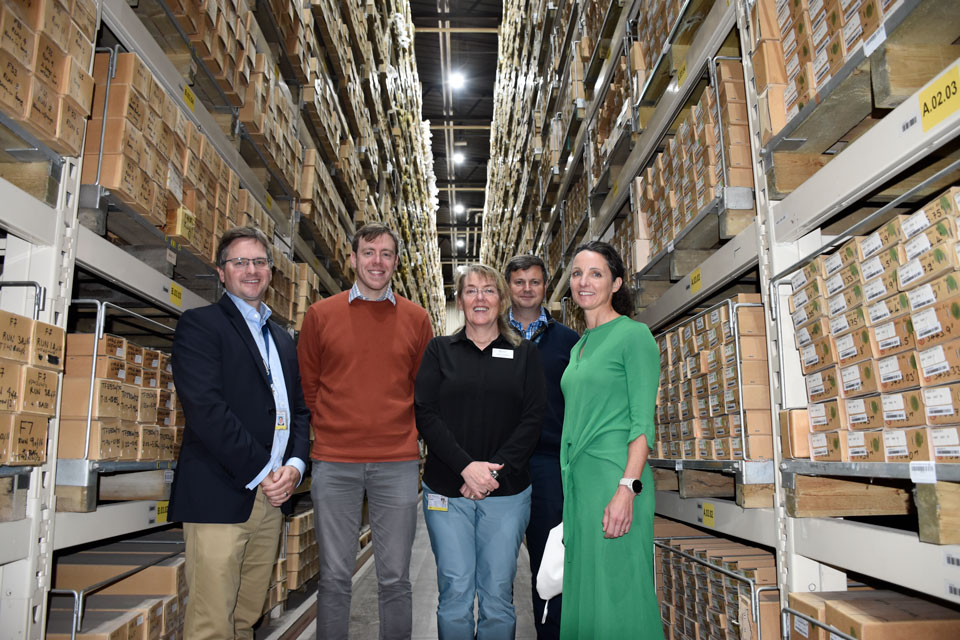
Local MP checks in on development of new geothermal ‘living laboratory’ in Nottinghamshire
19/09/2024
BGS has reached the halfway mark on its ambitious ground-source heat pump project at its headquarters in Keyworth, Nottinghamshire.
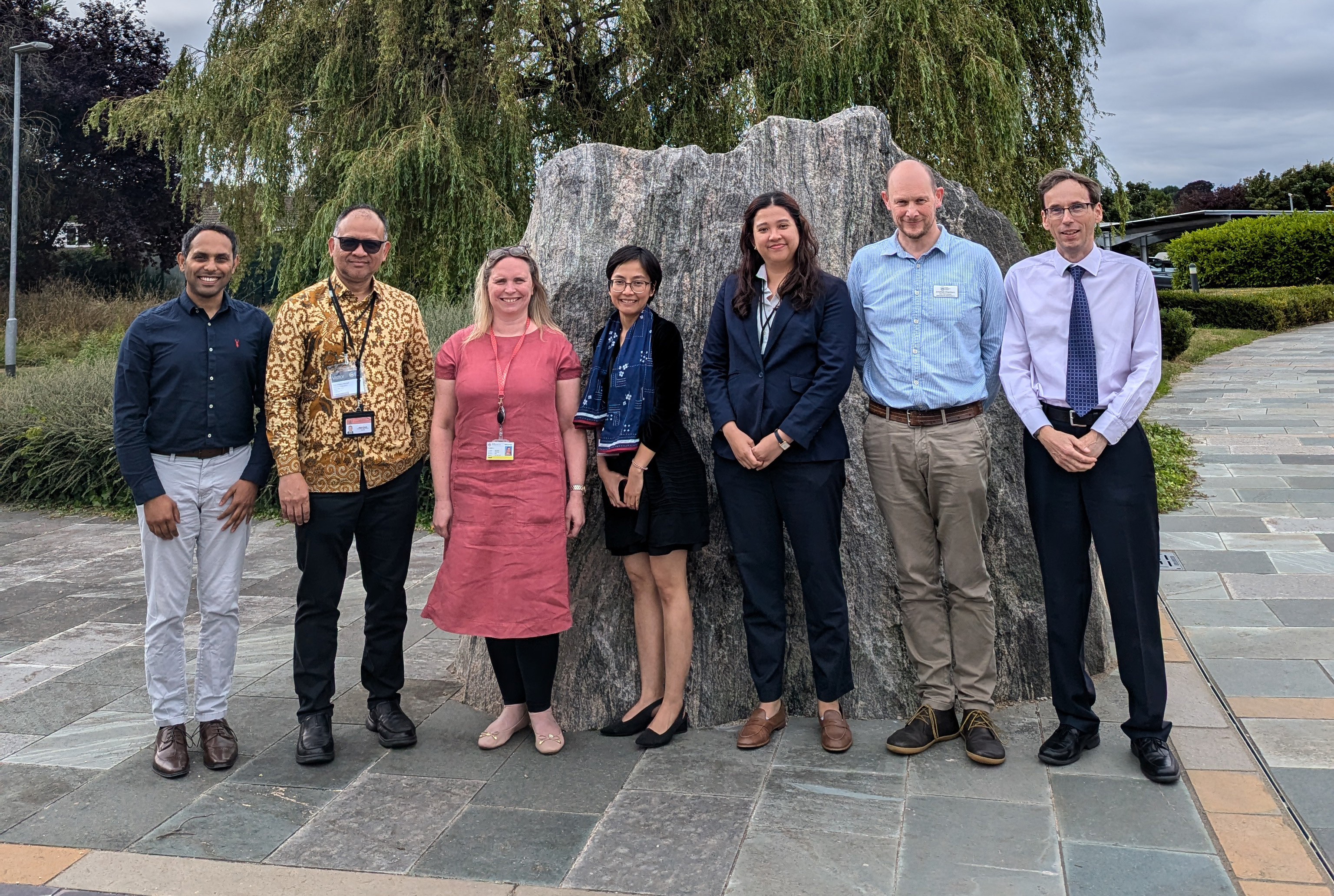
Visit by Indonesian Embassy representatives to BGS
27/08/2024
Strengthening BGS/Indonesia scientific research partnerships to address the complex challenges Indonesia faces from natural hazards and maximising opportunities from mineral resources and geothermal energy.
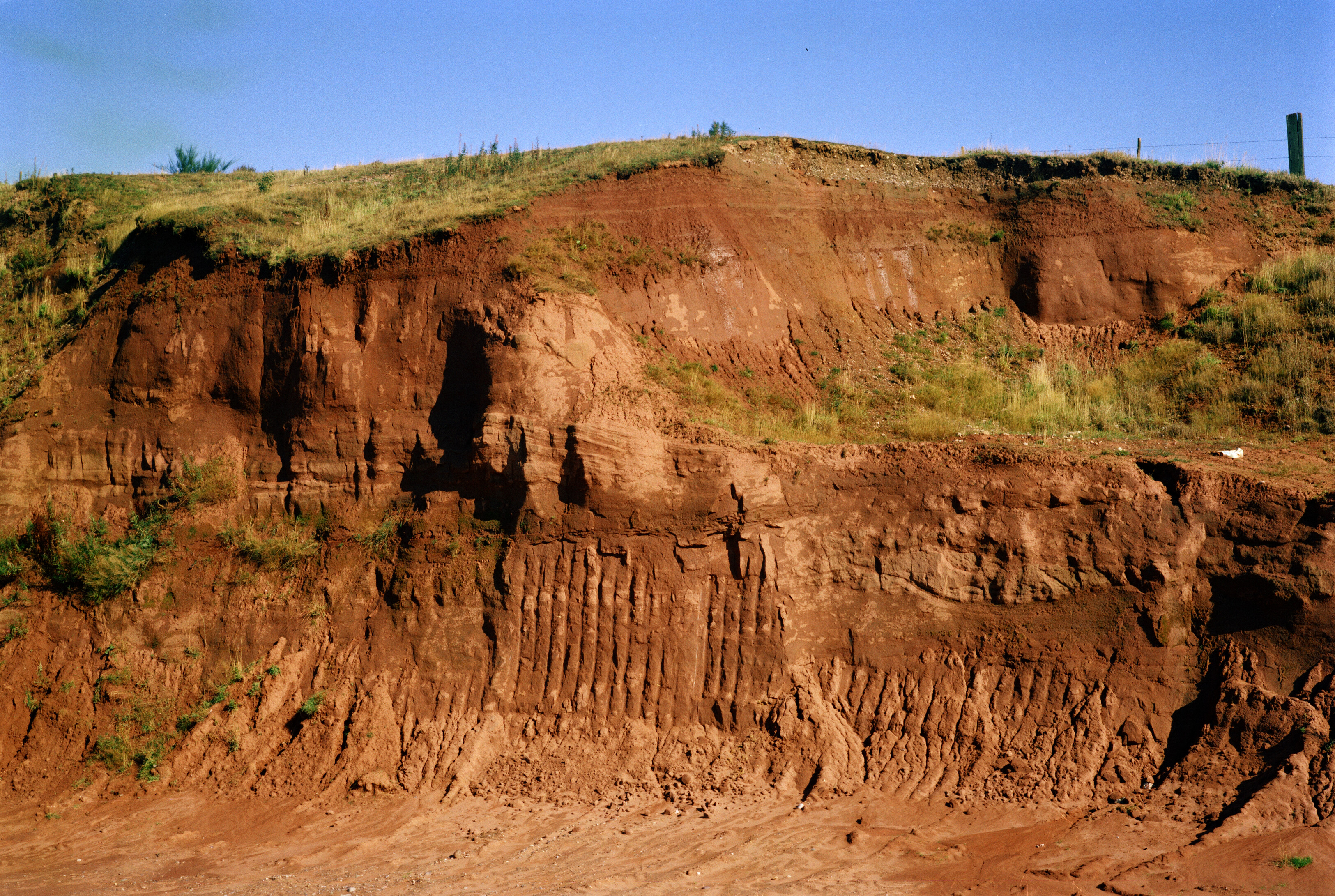
Funding awarded for study on hydrogen storage potential in the East Midlands
19/08/2024
A new study has been awarded funding to explore the underground hydrogen storage potential in the East Midlands.




